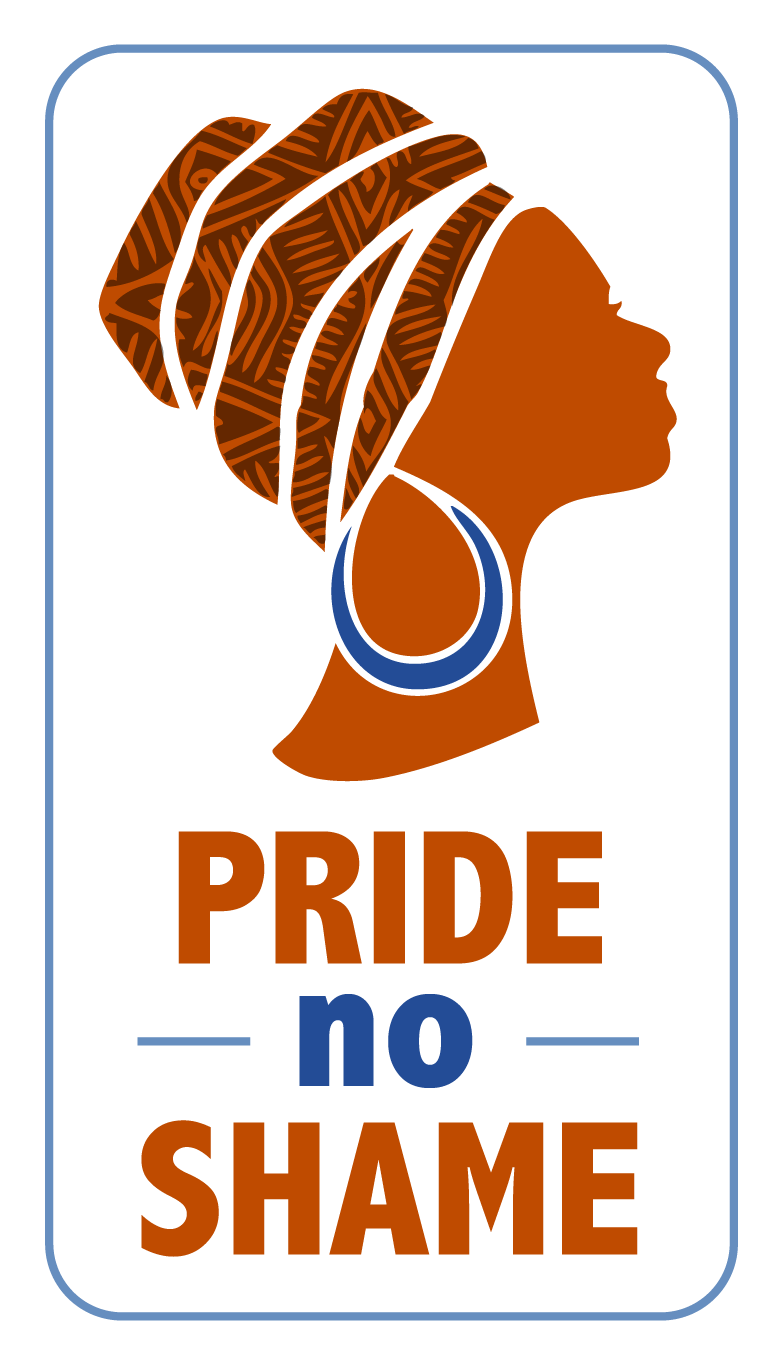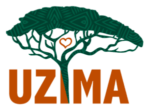THE project development

THE SOLUTION
The tangible solution that the project seeks to achieve are the following:
- Affordability: the products will be offered to women with no means as well to be available at affordable price on the market;
- Environmental sustainability: the sanitary pads are made of organic, compostable and good quality material sourced in India. We are searching for an alternative solution in the neighbouring African countries.
- Viability: the production machines are easy to operate by women. They will earn a decent income when trained in the maintenance and operations, as well as in the promotion of sanitary pads. The machine when operating at full capacity will generate a surplus that will be sold inside/outside the camps.
TARGET GROUP AND WORKERS NEEDED
The primary beneficiaries are the women living in refugee camps. Other beneficiaries include women outside the camps, who will have access to sanitary pads at affordable prices, either through aid agencies or through the marketplace.
- 10 to 20 women will be working in the manufacturing facility;
-
10 to 20 women will be trained to market the sanitary pads outside the camp;
-
40 women will be trained to explain preventive measures and create awareness for the regular use of sanitary pads, influencing young adolescents positively inside the camps and into neighbouring villages.
WHAT HAS
BEEN DONE SO FAR ?
Actual situation, July 2023:
- A production unit has been set up in Kigali in 2021
- UZIMA got the production unit and sanitary pads certification on 25 May 2022.
- The first 11 members of the team were hired and trained.
- A cooperation is started with the external accounting Visions Africa for a transparent verification.
- Actual production is few thousand pads per day, much lower than the prevented capacity due to manual processes.
- FOH has partnered with RWN Rwanda Women’s Network to represent PridenoShame and sell Uzima sanitary pads. A user satisfaction survey was undertaken by Rwanda Women’s Network. UZIMA perfected the quality based on this user satisfaction survey.
- 170’000 sanitary pads were donated to Mahama Refugee Camp schools, to schools located in the rural area of Kigali and to Women Hero Rising association that support Congolese Refugee.
User satisfaction surveys was performed in the … school of distribution.
WHAT ARE WE DOING
RIGHT NOW
- Working on automatization of manual production processes to increase the daily production
- Providing Hygiene two days training and product presentation skills to a group of women, including refugee,
- Creating awareness about the importance of Uzima pads and waste management.
- Setting up a solidarity network of local partners and community leaders as Young Christian…..
- PnS is present on the booth of YC at the actual Women Health Conference in Kigali.
- Continuingresearch on sourcing sustainable raw material in Africa.
- Collecting funds for the actual operations and staff needs.
WHAT REMAINS TO BE DONE
- Train women employees for entrepreneurial skills.
- Ensure regular and sustainable production of Uzima sanitary pads.
- Organize distribution of Uzima sanitary pads.
- Train women-refugee to spread awareness of use and disposal inside and outside the camps.
- Collect more funds forthe acquisition of additional raw material
- Reach a break-even economic result to duplicate the successful production model in other locations.
- Find organic raw material suppliers in Africa.
- Collect funds for raw materials & transportation ($ 160.000).
- Cooperate with Ministry of Education to run specific women educational sessions on menstrual health & hygiene in the camps and schools.
- Develop and integrate the project by the Departments of Health and Social Affairs





